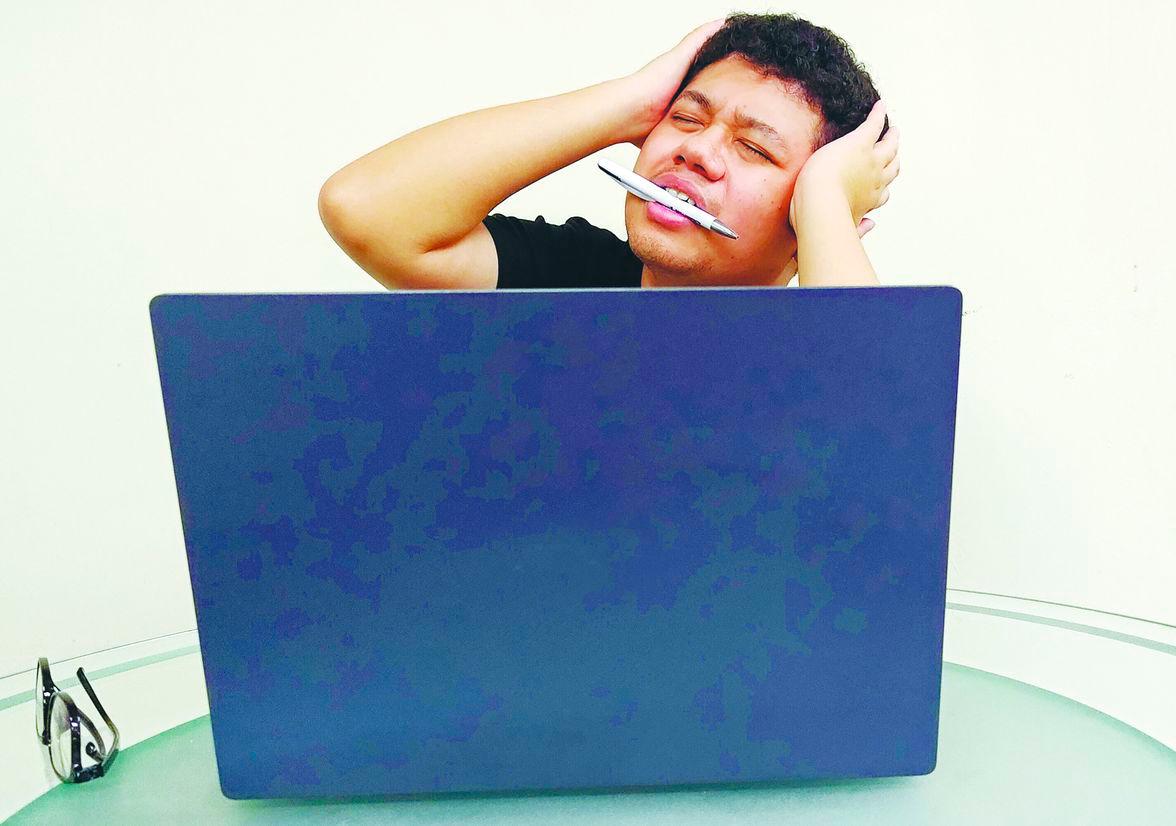PETALING JAYA: Despite growing conversations around mental health, young Malaysian men say social expectations continue to discourage them from expressing their emotions.
They say emotional honesty is often met with discomfort, ridicule or dismissal, even from those closest to them.
For many, the cultural pressure to “man up” remains a powerful force that silences vulnerability.
“I consider myself lucky. My close friends and family accept it when I express how I feel,” said English teacher Syahmi Zakwan, 25.
However, he admitted that the pressure to appear emotionally tough remains strong, particularly in traditional households.
“My father was a police officer. Growing up, he would say things like ‘men do not cry, that is for the weak’. I do not blame him. He came from a tough background and had to survive. But that mindset gets passed down through generations.”
According to Syahmi, emotional strength and vulnerability are not mutually exclusive.
Others said the response they received when opening up was far less supportive.
“I was going through a rough patch and tried talking to a friend about it,” said private sector employee Imran Fahmi, 25.
“He just told me to ‘man up’. That shut me down completely.”
He said such reactions reflect a broader culture in which emotion is equated with weakness.
Marketing executive Hazim Izzat, 25, described a rare emotional moment involving his father.
“He was talking about how hard retirement was. He got emotional, then just stopped talking and walked away, like he could not let himself feel too much.”
Business analyst Yadiy Yussof, 25, said the biggest barrier is the fear of being judged.
“We do not always need advice. Sometimes we just want to be heard, without judgment, without labels.”
Several women said these expectations are often reinforced across genders.
“It is not just men who say ‘be strong’. Sometimes women do it too,” said healthcare advisor Umi Afiqah Hassan, 26.
“But if a man shows emotion in front of me, I do not see weakness. I see honesty.”
One woman, who asked to remain anonymous, said her former partner grew up in a home where crying was punished and he became emotionally withdrawn and aggressive.
“He was told to be an ‘alpha’. It made him emotionally stunted and angry, with no idea how to process feelings. I imagine a lot of men raised like that go through the same thing.”
Mental health professionals say these stories point to deeper, systemic problems.
Universiti Kebangsaan Malaysia senior lecturer and registered counsellor Dr Salina Nen said the stigma around male emotional expression is embedded in cultural, religious and generational norms.
“Unlike physical illness, mental health issues are still viewed with judgment. Words such as ‘weak’, ‘unstable’ or ‘childish’ are still used. And the stigma does not just come from others, it also gets internalised.”
Although services such as Mentari, Talian Kasih, HEAL and various NGO-run helplines have improved access to support, many men still avoid seeking help for fear of being seen as problematic.
“People are afraid they will be treated differently, or worse, lose their job, so they internalise the stigma to protect their image.”
She pointed to the influence of religious misinterpretation, media portrayals and traditional gender roles in shaping men’s discomfort with emotional vulnerability.
“There is a belief that showing emotion is unmanly or even a sign of spiritual weakness.”
She said addressing the problem requires more than access to counselling; it also requires a change in mindset.
“Public education, safe spaces in the workplace and culturally sensitive campaigns are key. Once people feel supported, they are more likely to speak up.”
Health Minister Datuk Seri Dzulkefly Ahmad announced an allocation of RM24.6 million under Budget 2025 to expand psychological services nationwide in February.
He cited the National Health and Morbidity Survey (NHMS) 2023, which found that more than one million Malaysians aged 16 and above suffer from depression.
Among children and teenagers, the number of affected individuals nearly doubled from 424,000 in 2019 to 922,000 in 2023.
NHMS 2022 data showed high emotional distress among adolescents, with nearly one in five in Kuala Lumpur and Selangor reporting persistent loneliness and 9.5% having attempted suicide in the past year.
While government initiatives are expanding, respondents say policy alone will not be enough unless cultural attitudes shift as well.
“It is not about having more helplines. It is about making sure people feel safe enough to use them,” said Imran.









